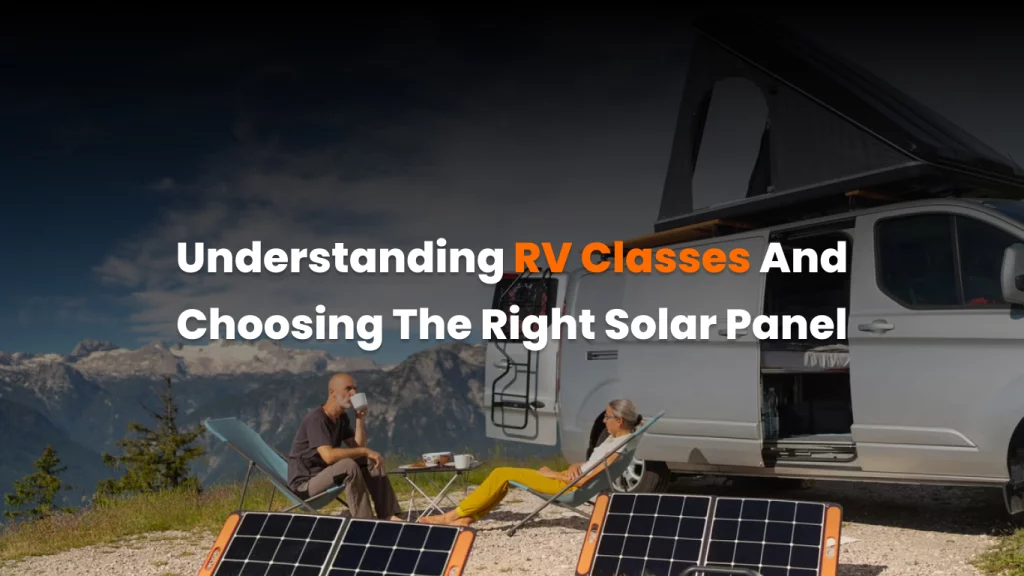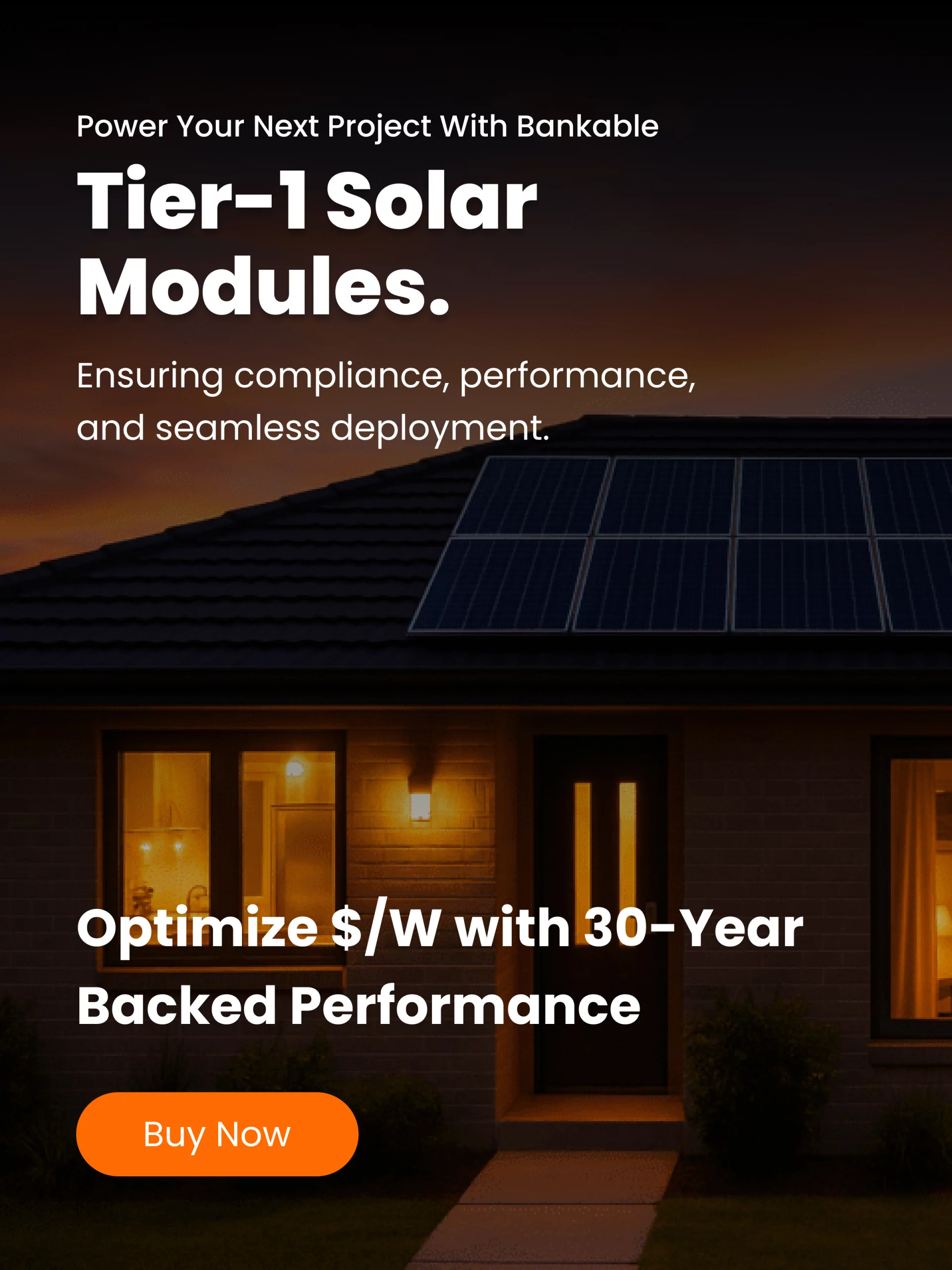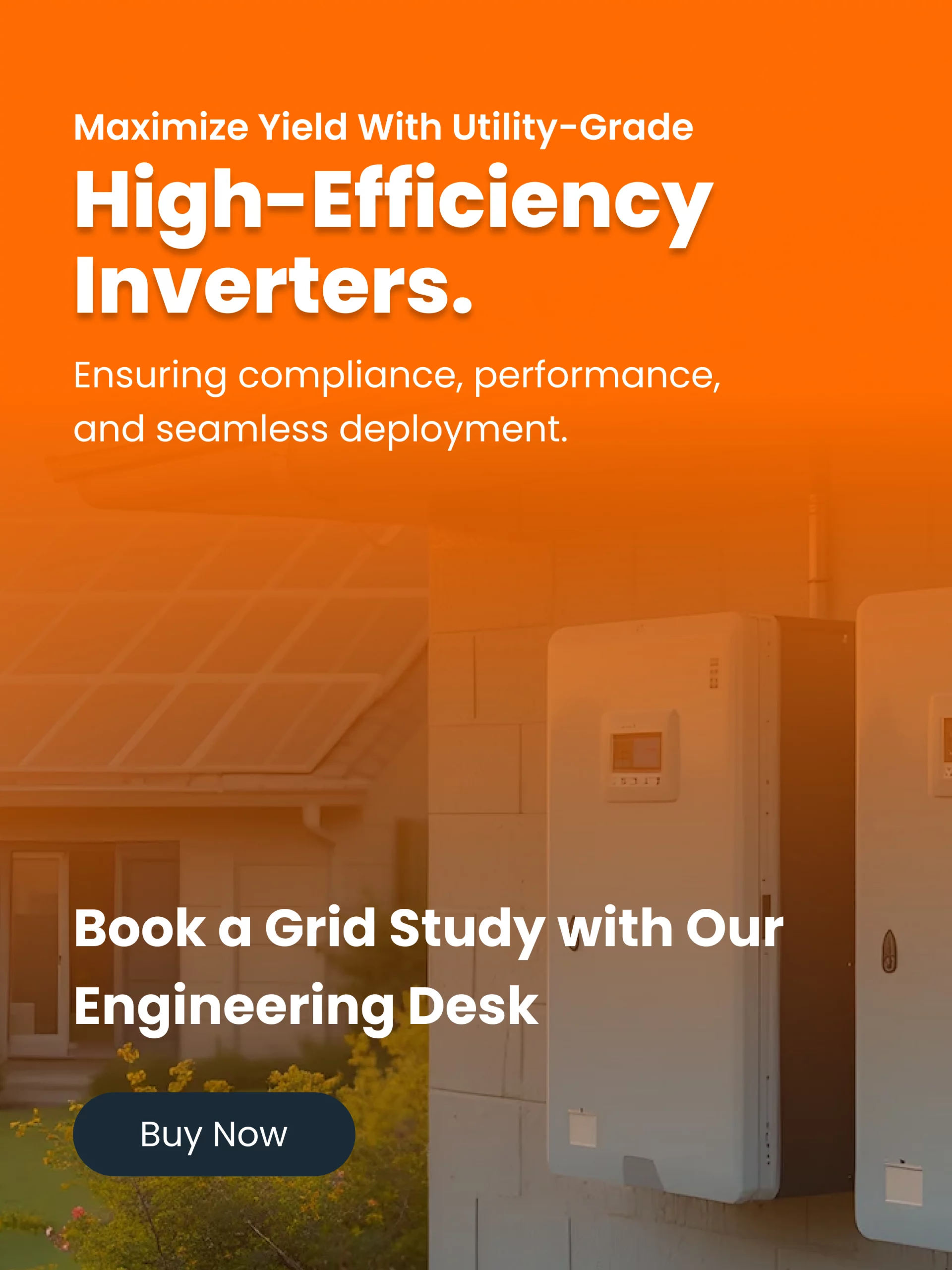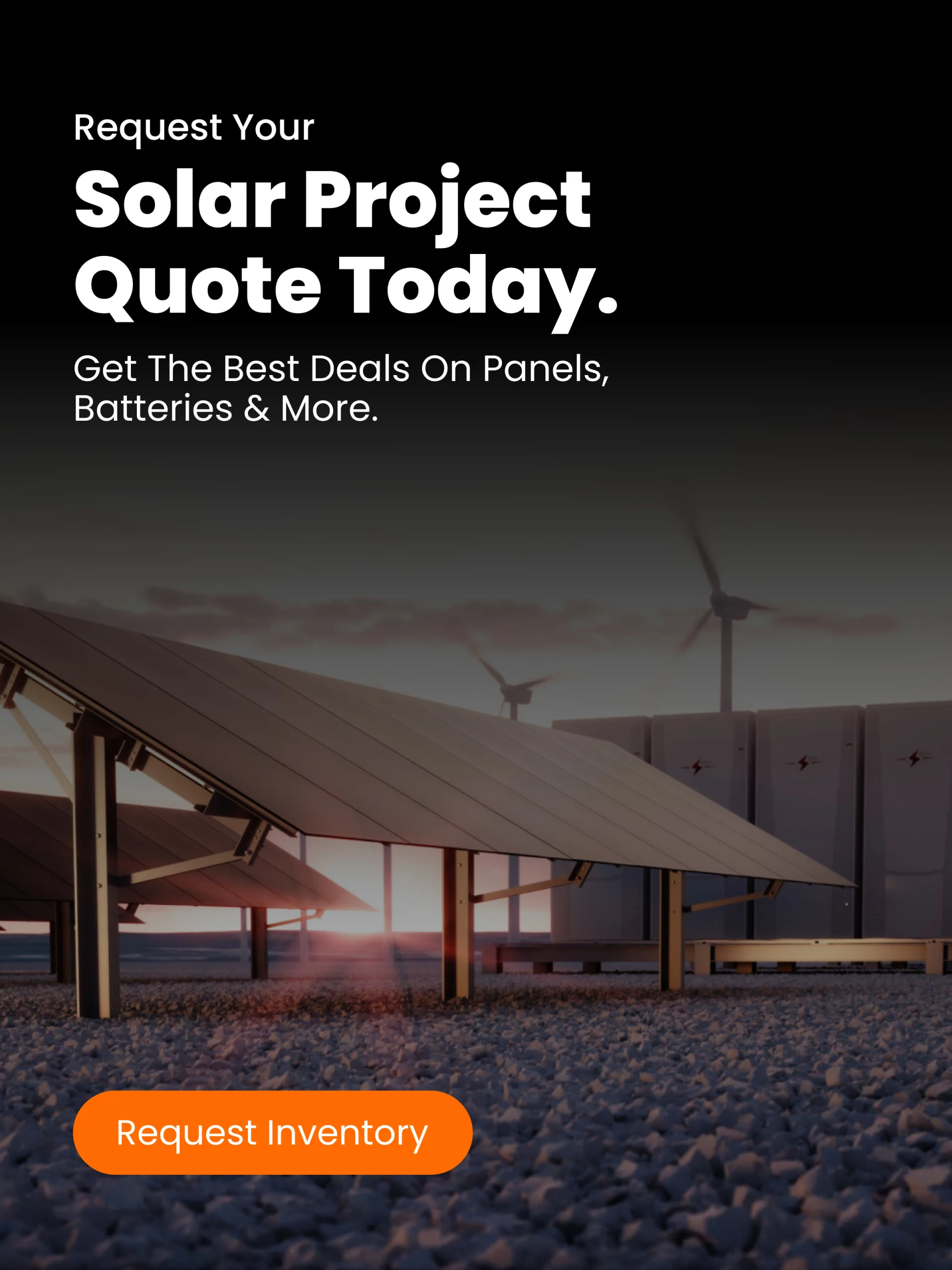Solar Panel Kits – Embarking on an RV journey offers unparalleled freedom, allowing you to explore diverse landscapes and enjoy the comforts of home on the road. However, to fully embrace the off-grid experience, it’s essential to equip your RV with a reliable solar power system. Understanding the different RV classes and selecting the appropriate solar panel kit tailored to your vehicle’s needs can significantly enhance your travel experience.
What are RV classes?
RV classes categorize recreational vehicles based on their size, design, and intended use. The primary classes are:
- Class A: These are the largest RVs, resembling buses, and are designed for long-term travel with ample living space.
- Class B: Also known as campervans, these are compact and maneuverable, ideal for solo travelers or couples.
- Class C: Built on a truck chassis, Class C RVs offer a balance between space and drivability, suitable for families.
Each class has unique power requirements, influencing the type and size of solar panel kits needed.
Importance of solar panel kits for RVs
Solar panel kits are crucial for RVs, especially when venturing off-grid. They allow you to harness solar energy to power essential appliances, lighting, and electronics without relying on external power sources. A well-designed solar system ensures you have continuous access to electricity, enhancing comfort and convenience during your travels.
Selecting the right solar panel kit based on RV class
Class A RVs
Given their size and power demands, Class A RVs benefit from high-capacity solar panel kits. These kits typically include multiple solar panels, a robust charge controller, and a substantial battery bank. For instance, a 600W solar panel kit can provide sufficient power for appliances like air conditioners, refrigerators, and entertainment systems.
Class B RVs
Class B RVs, being more compact, have lower energy requirements. A 200W to 400W solar panel kit is often adequate to power lights, small refrigerators, and electronic devices. These kits are lightweight and easy to install, making them ideal for the minimalist setup of Class B RVs.
Class C RVs
Class C RVs offer a middle ground in terms of size and power needs. A 400W to 600W solar panel kit can efficiently meet the energy demands of appliances commonly found in these vehicles. These kits provide a balance between power output and space considerations.
Essential components of an RV solar panel kit
A comprehensive solar panel kit for RVs typically includes:
- Solar Panels: Convert sunlight into electricity.
- Charge Controller: Regulates the voltage and current coming from the solar panels to prevent overcharging the batteries.
- Battery Bank: Stores the energy generated by the solar panels for later use.
- Inverter: Converts DC power from the batteries into AC power used by most RV appliances.
- Mounting Hardware: Secures the solar panels to the RV roof.
- Wiring and Connectors: Facilitate the electrical connections between components.
Installation tips for RV solar panel kits
- Professional Installation: While DIY installation is possible, consulting a professional ensures the system is set up correctly and safely.
- Optimal Placement: Install solar panels in locations with maximum sun exposure, avoiding areas shaded by vents or air conditioners.
- Regular Maintenance: Clean the panels periodically to remove debris and ensure efficient energy absorption.
Conclusion
Equipping your RV with a suitable solar panel kit tailored to its class and energy requirements enhances your off-grid capabilities, providing you with the freedom to explore without compromising on comfort. By understanding your RV’s power needs and selecting the appropriate solar system, you can enjoy a sustainable and enjoyable journey.




